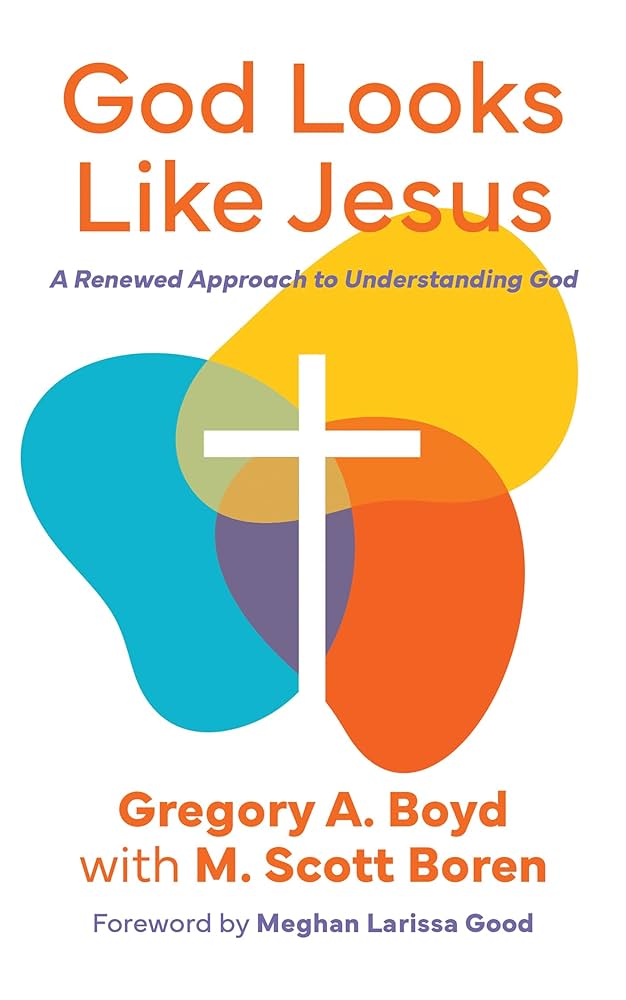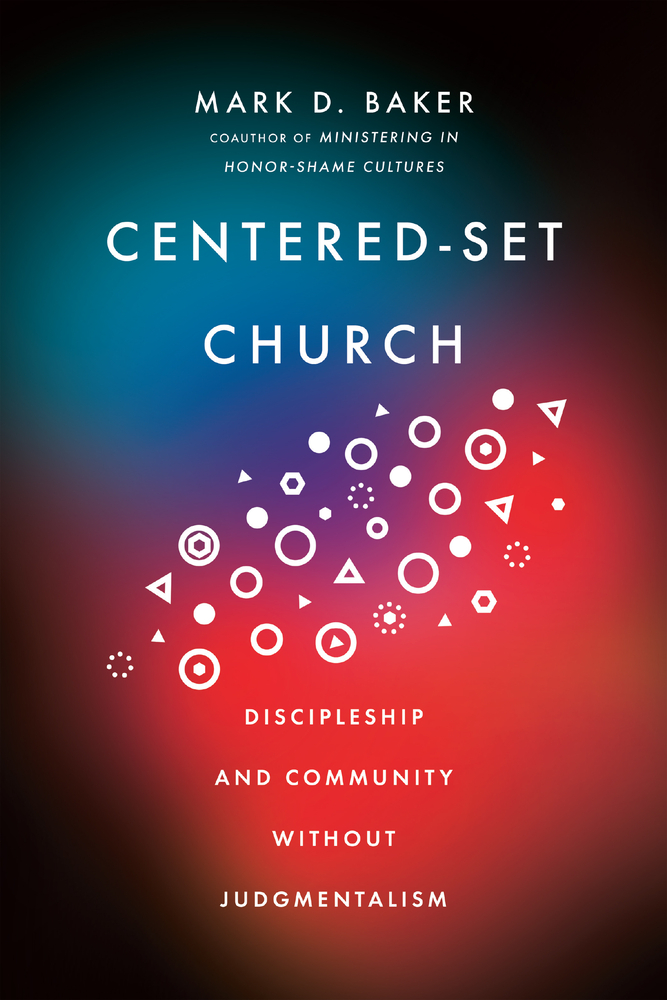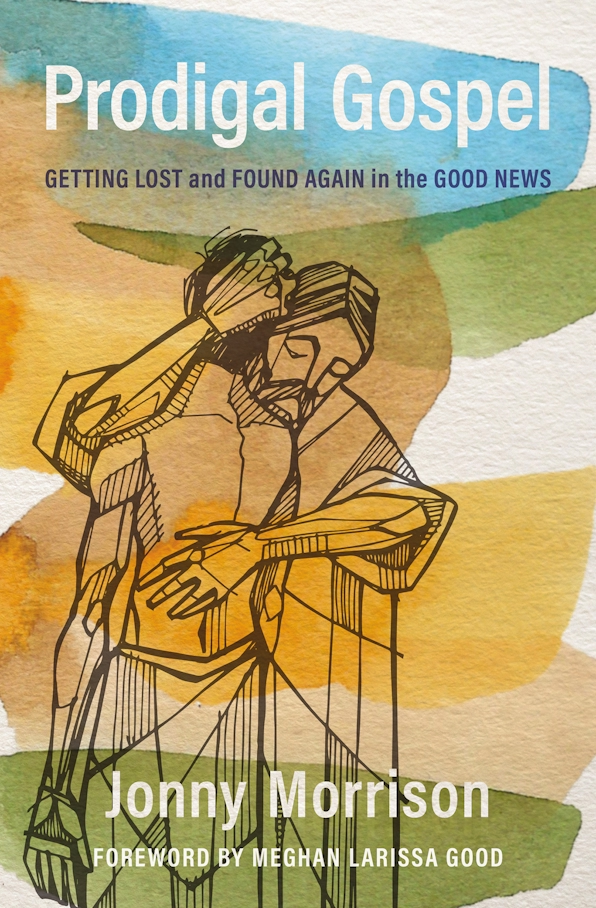Explore and purchase self-paced video resources to fuel and equip a more Jesus-centered faith and practice.
Partners receive exclusive access to these resources and more.

Gregory A. Boyd with M. Scott Boren

Meghan Larissa Good

Mark D. Baker

Jonny Morrison

Christie Penner Worden